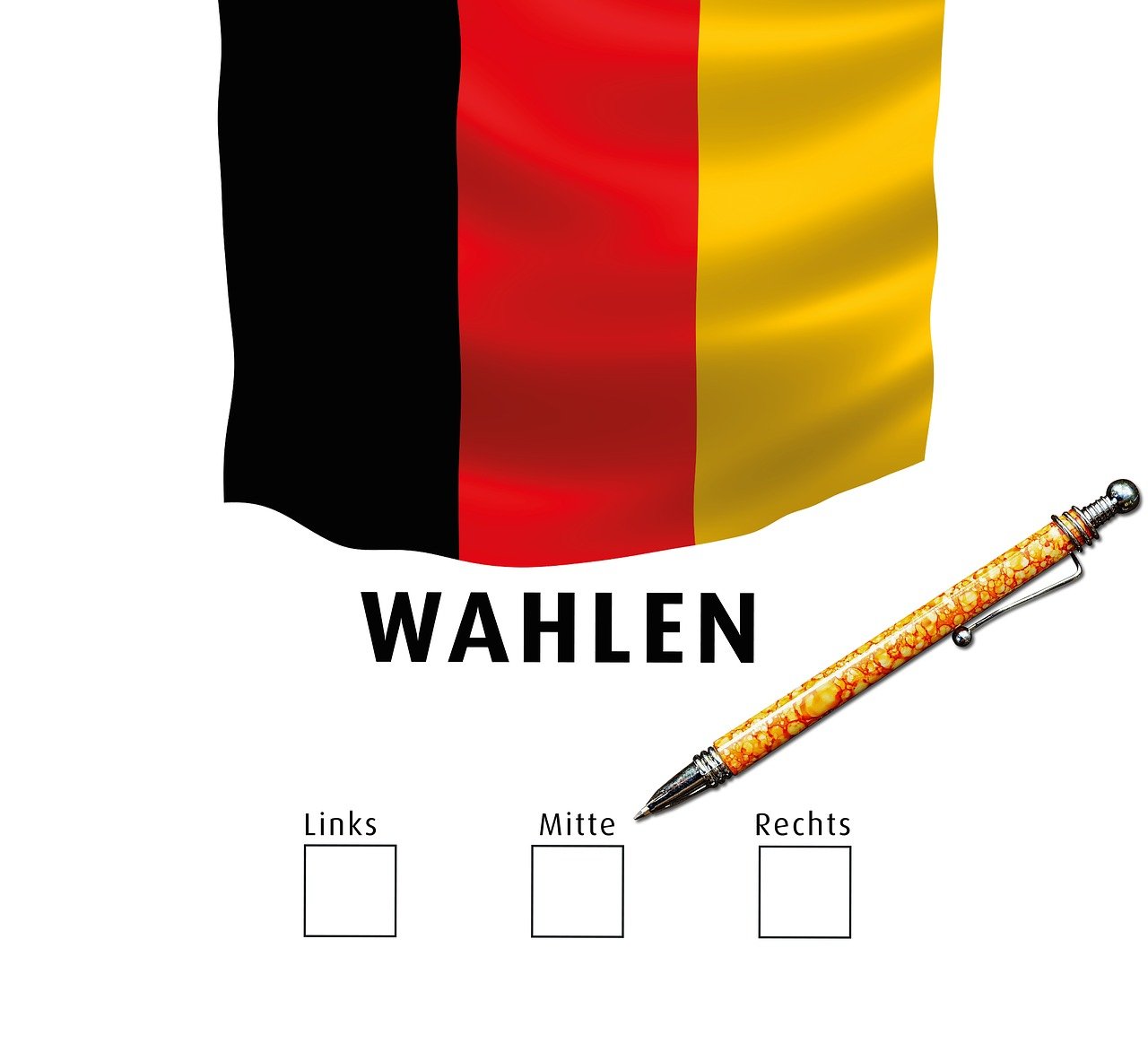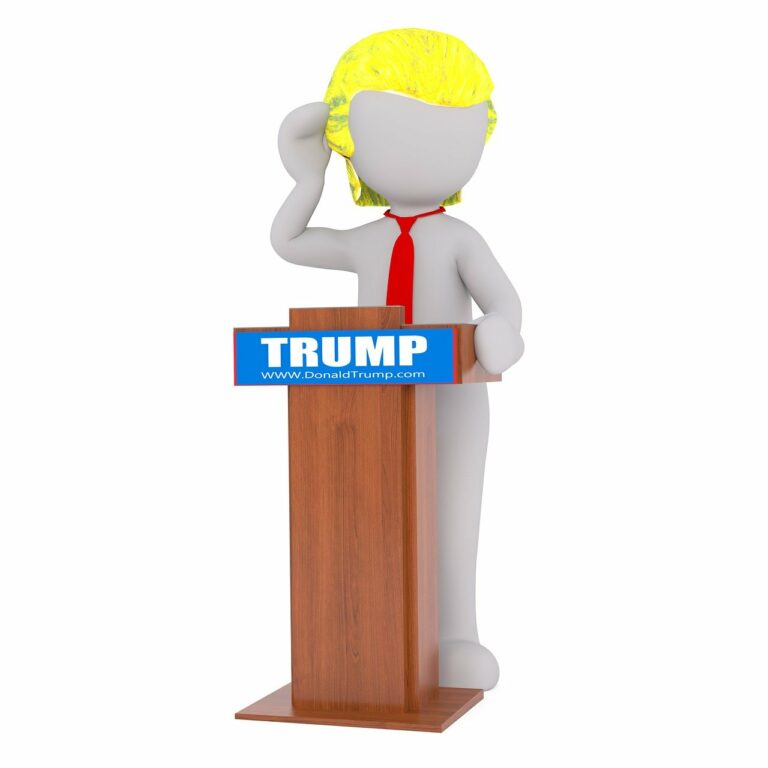Political Narratives and Their Impact on Voter Identity
Political narratives refer to the stories and discourse that political actors use to communicate their beliefs, values, and goals to the public. It involves crafting a specific message that resonates with the audience and influences their perception of events and issues. Whether through speeches, campaign ads, or social media posts, political narratives serve as a powerful tool in shaping public opinion and garnering support for a particular agenda or candidate.
These narratives are often constructed around key themes or issues that are deemed important by the political actors. They can be used to create a sense of unity among supporters, differentiate the party or candidate from their opponents, or even evoke emotion to mobilize voters. By presenting a coherent and compelling narrative, political actors can effectively frame debates, control the narrative surrounding certain events, and ultimately influence the decisions and actions of the electorate.
The Role of Media in Shaping Voter Identity
In modern democracies, the media plays a pivotal role in shaping voter identity. Through the dissemination of information and news coverage, media outlets have the power to influence how voters perceive political candidates and parties. The language used, the framing of stories, and the prominence given to certain issues can all impact the formation of voter attitudes and preferences.
Moreover, the rise of social media has further amplified the influence of the media on voter identity. Platforms like Twitter, Facebook, and Instagram have become key sources of news and information for many voters. The speed and reach of social media make it a powerful tool for shaping public opinion and influencing voter behavior. As such, political parties and candidates increasingly rely on social media strategies to shape their narrative and connect with voters on a more personal level.
How Political Parties Utilize Narratives
Political parties utilize narratives to shape public perception and garner support for their policies and candidates. By crafting compelling stories that resonate with their target audience, parties can influence how voters interpret political events and issues. These narratives often highlight the party’s values, goals, and vision for the future, aiming to create a sense of identification and loyalty among supporters.
Moreover, political parties use narratives as a strategic tool to differentiate themselves from their opponents and position themselves favorably in the eyes of the public. By emphasizing specific achievements, moral virtues, or leadership qualities, parties seek to build a distinct brand image that sets them apart in a crowded political landscape. Through these narratives, parties aim to not only attract new supporters but also retain the allegiance of existing ones.
What is a political narrative?
A political narrative is a specific story or account that political parties use to shape public opinion, influence voter behavior, and convey their values and beliefs.
How do political parties utilize narratives?
Political parties utilize narratives by crafting compelling stories that resonate with their target audience, promoting their policy agenda, and differentiating themselves from their opponents.
How does the media play a role in shaping voter identity?
The media plays a crucial role in shaping voter identity by framing political narratives, influencing public perception of candidates and parties, and providing information that can sway voter opinions.
Why are political narratives important for political parties?
Political narratives are important for political parties because they help create a sense of unity and purpose among party members, attract support from undecided voters, and generate enthusiasm for their cause.
Can political narratives be misleading?
Yes, political narratives can be misleading if they distort facts, manipulate emotions, or present a biased perspective. It is important for voters to critically evaluate the narratives presented by political parties.







